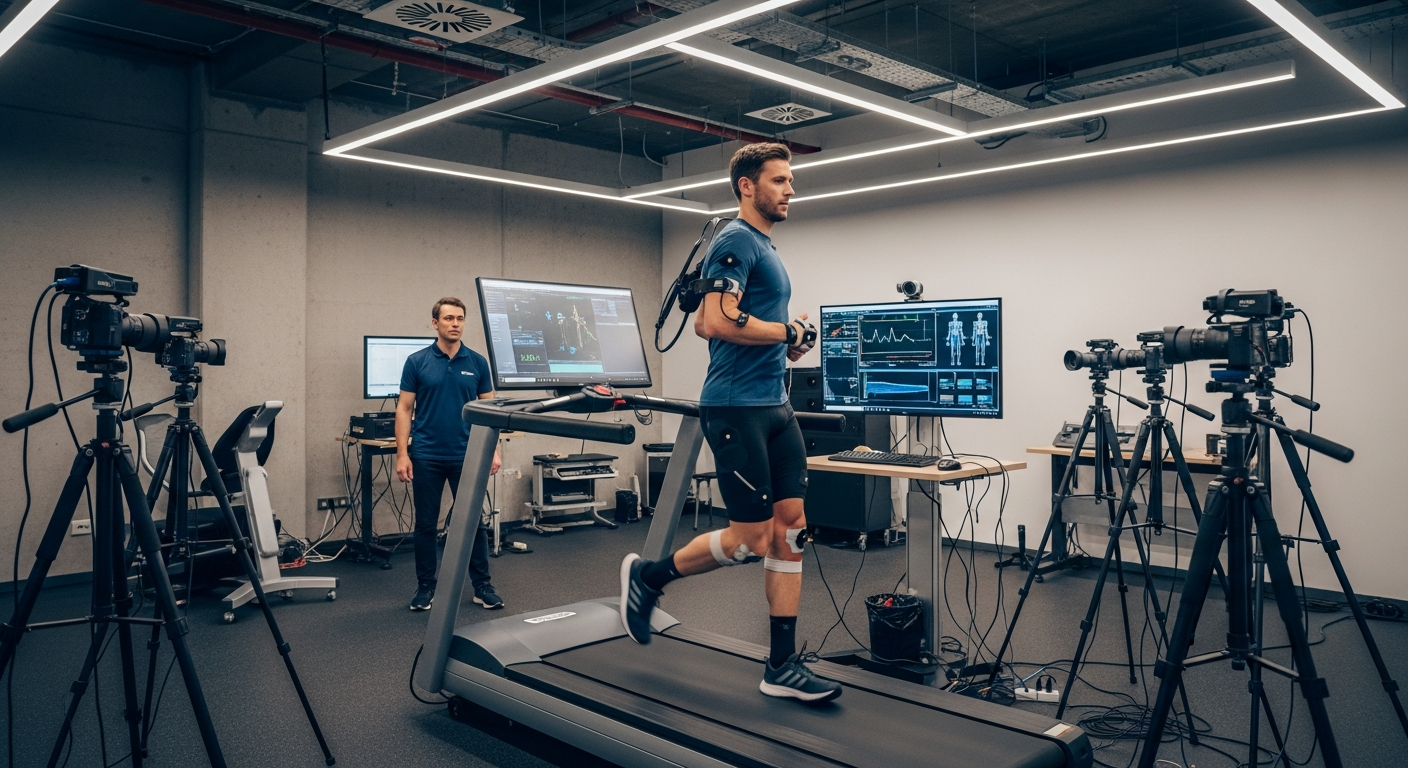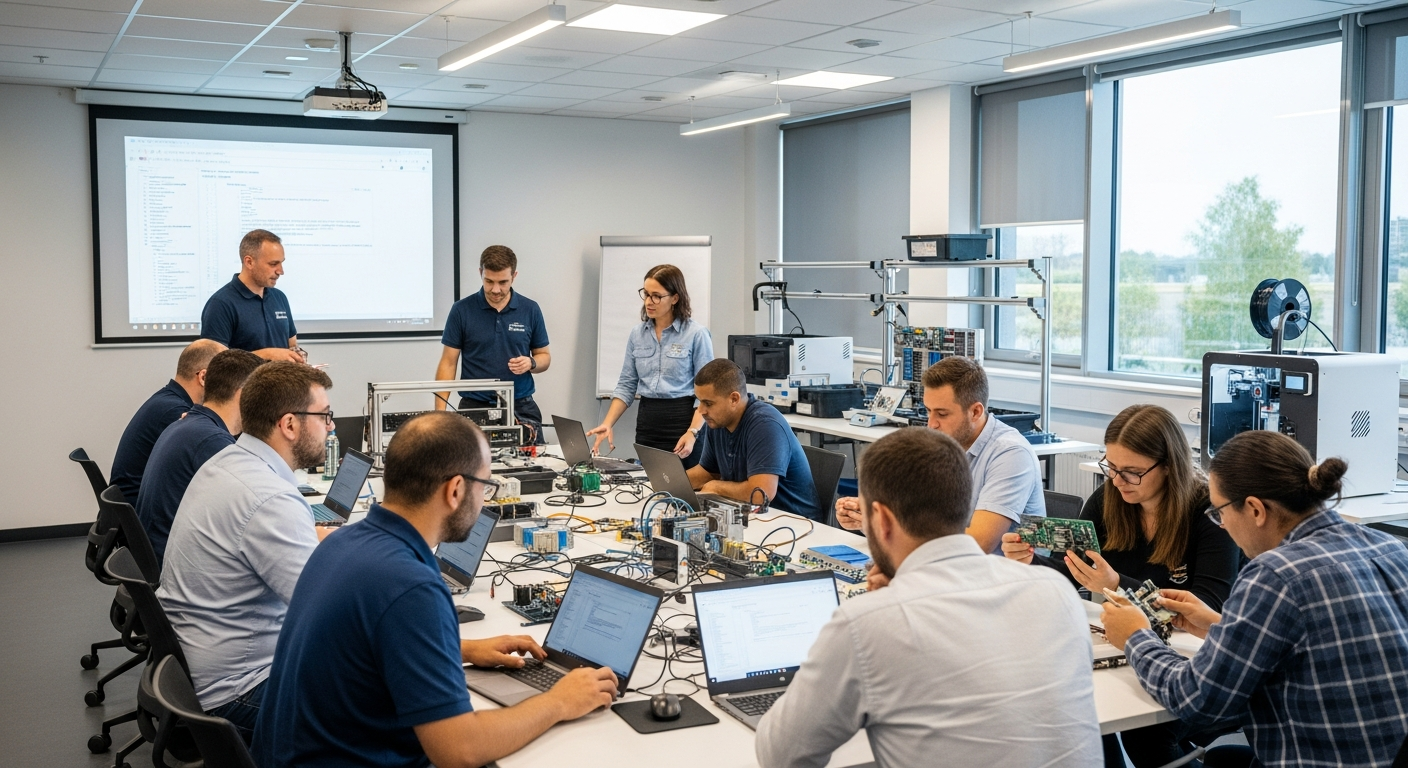The Silent Revolution: Introverts Reshape Workplace Dynamics
In a world that has long celebrated extroversion, a quiet transformation is taking place. Introverts, once overlooked in professional settings, are now emerging as powerful forces in reshaping modern workplace dynamics. This shift is challenging long-held assumptions about leadership, creativity, and productivity, ushering in a new era of diverse work cultures that value both outward energy and inner reflection.

The Changing Landscape of Work
The traditional office setting, with its open floor plans and emphasis on constant collaboration, has long favored extroverted personalities. However, the rise of remote work, accelerated by global events, has created a shift in how we perceive productive work environments. This change has inadvertently leveled the playing field for introverts, allowing them to work in settings more conducive to their natural tendencies.
The Introvert Advantage
Contrary to popular belief, introverts possess unique strengths that are increasingly valued in the modern workplace. Their ability to focus deeply, think critically, and process information thoroughly makes them invaluable in roles requiring analysis, problem-solving, and creative thinking. Studies have shown that introverts often excel in leadership positions, particularly in environments where employees are proactive. Their listening skills and thoughtful approach to decision-making can lead to more inclusive and effective team dynamics.
Redefining Success and Leadership
As organizations begin to recognize the value of diverse personality types, the definition of successful leadership is evolving. The charismatic, outgoing leader archetype is being complemented by a more reflective, measured approach often embodied by introverted leaders. Companies are starting to appreciate leaders who can create space for all voices to be heard, foster deep thinking, and navigate complex problems with patience and introspection.
Designing Introvert-Friendly Workspaces
Progressive companies are reimagining office spaces to accommodate different working styles. This includes creating quiet zones for focused work, offering flexible work arrangements, and implementing communication protocols that respect different preferences for interaction. These changes not only benefit introverts but create more balanced and inclusive environments for all employees.
The Role of Technology
Digital tools and platforms have become unexpected allies for introverts in the workplace. Asynchronous communication methods, such as email and project management software, allow for thoughtful responses and reduce the pressure of immediate interaction. Virtual meetings can be less draining for introverts compared to in-person gatherings, and chat-based collaboration tools provide a comfortable medium for sharing ideas.
Balancing Act: Integrating Introverts and Extroverts
The key to harnessing the full potential of a diverse workforce lies in creating environments where both introverts and extroverts can thrive. This requires a shift in organizational culture, emphasizing the value of different working styles and communication preferences. Training programs that increase awareness of personality differences and provide strategies for effective collaboration across types are becoming increasingly common.
The Future of Work: Embracing Cognitive Diversity
As we move towards a more inclusive understanding of workplace dynamics, the recognition of cognitive diversity – including the introvert-extrovert spectrum – is becoming crucial. Organizations that can effectively leverage the strengths of different personality types are likely to see increased innovation, improved problem-solving, and higher employee satisfaction.
The silent revolution led by introverts in the workplace is not about replacing one dominant style with another. Instead, it’s about creating a more balanced, nuanced approach to work that recognizes and values the contributions of all personality types. As this shift continues, we can expect to see more empathetic, adaptable, and ultimately more successful organizations emerge.
In embracing the strengths of introverts, the professional world is not just accommodating a different personality type – it’s unlocking a wealth of untapped potential that has always been present, quietly waiting for its moment to shine.






